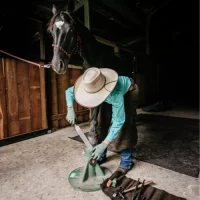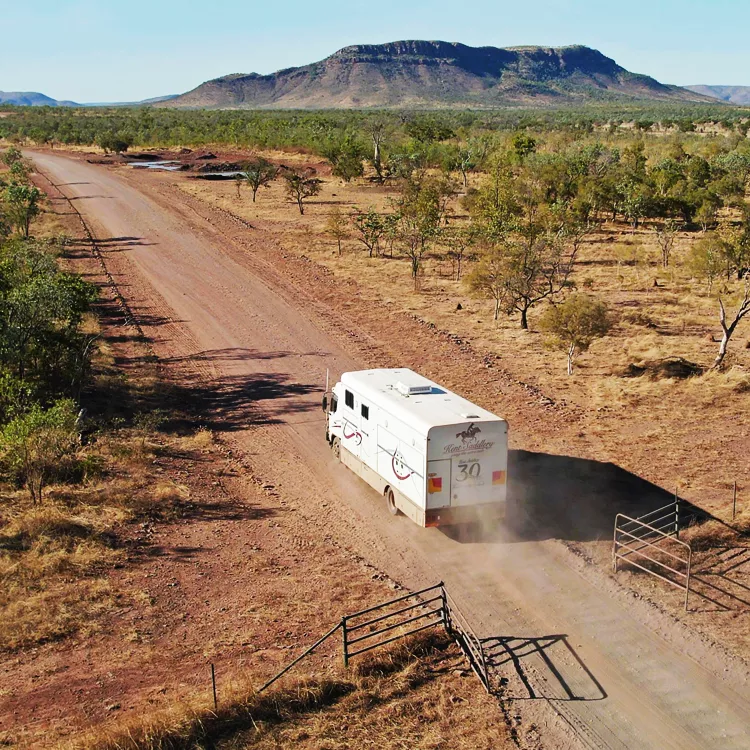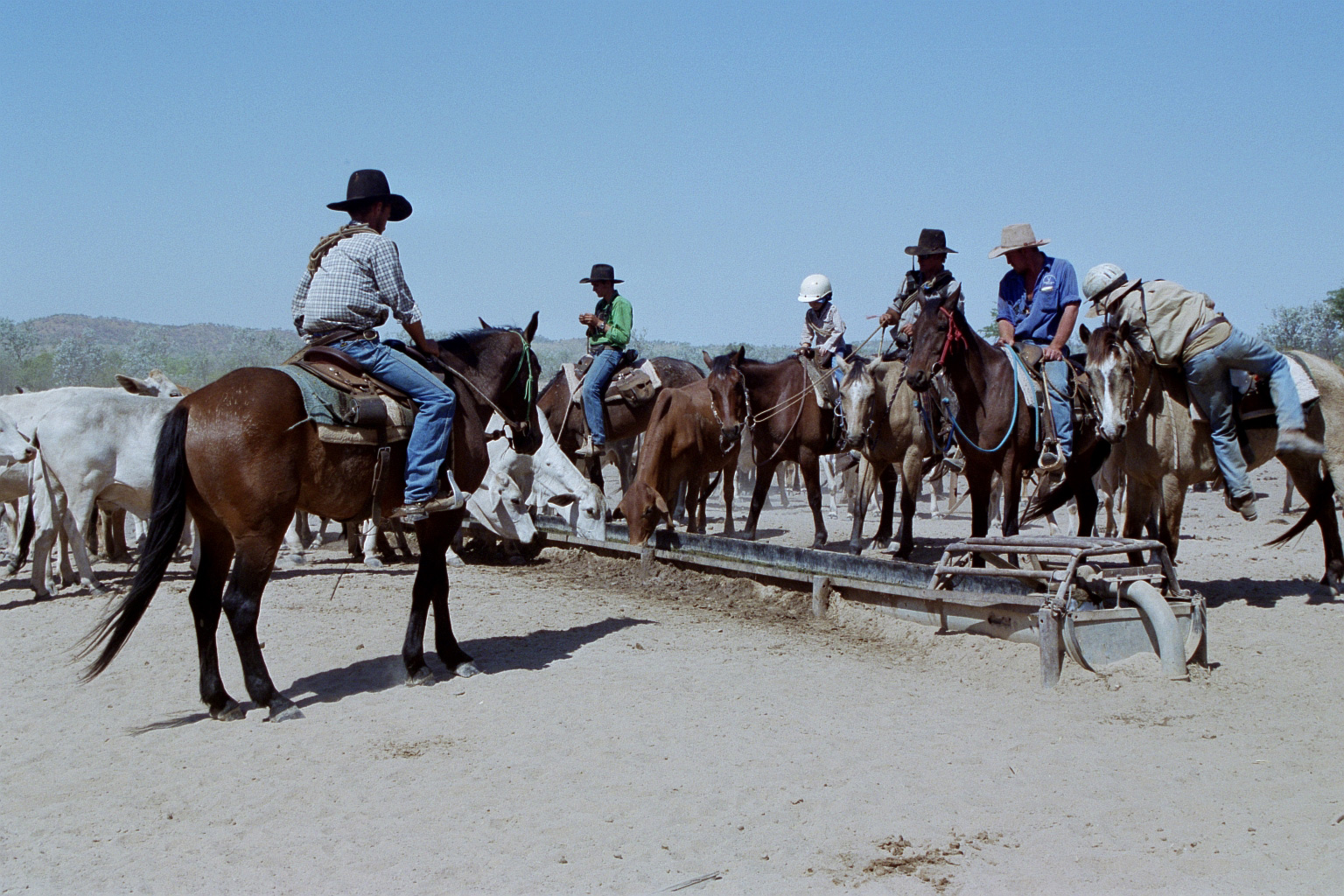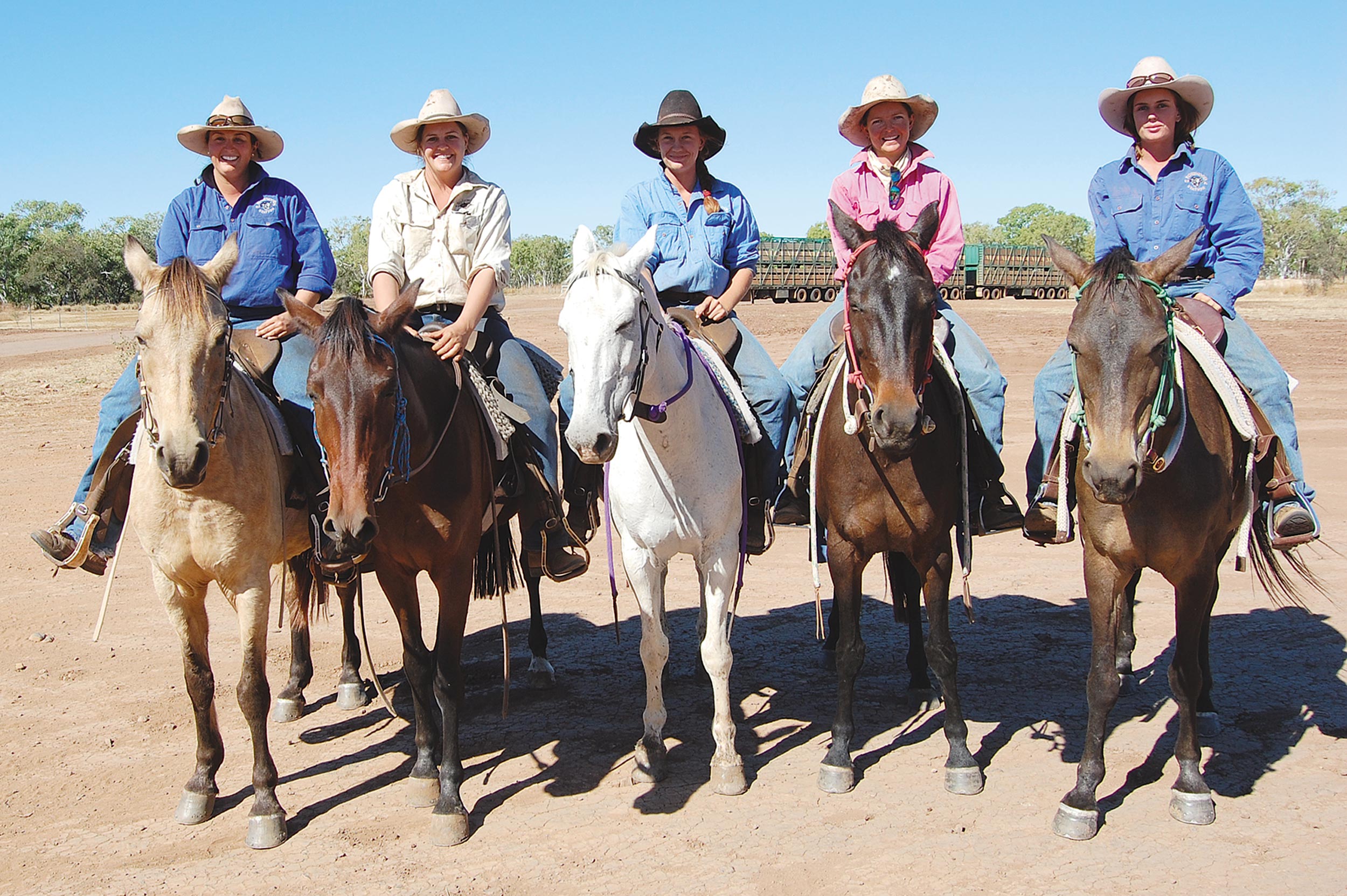Working on an Australian Cattle Station, even for one or two years, can be a valuable life changing experience for a young person.
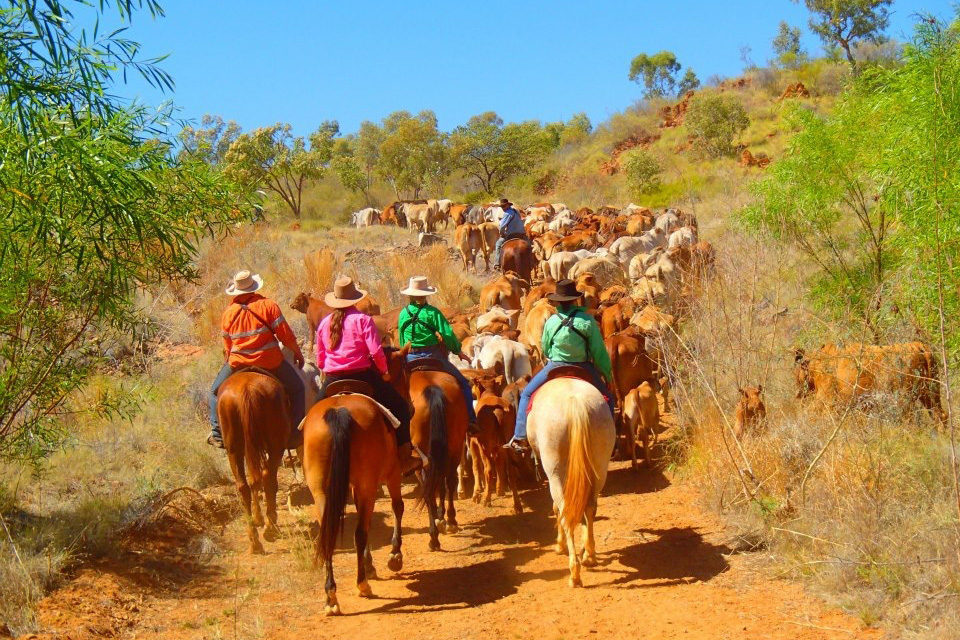
Caption: Photo by Tsara Hoqno
We are repeatedly inspired by the station workers we meet on our saddlery trips, and are appreciative of their interest in, and purchase of our saddles and gear. They’re an interesting mix of school leavers, older experienced stock workers, uni students taking a year away from studies, backpackers, and young people with the specific goal of a career in the cattle industry. In addition, an increasing number of women are now an important part of the work force. With a specific interest in cattle stations which predominantly use horses, we believe that ringers learn stock skills more quickly on horseback. This training and experience enhances promotion opportunities within the cattle industry, and horse riding skills stimulate interest in and enthusiasm for campdrafts, rodeos and social events.
We’ve often heard the comment that it’s difficult to find staff, and we are impressed by the determined effort being made by companies, managers, and owners, to attract and keep staff.
While stock and other station skills are appreciated by most employers in the cattle industry, a good attitude on the part of prospective workers is generally more important. A willingness to “have a go” is often the prerequisite to a successful / fulfilling station experience.
We have noted many a shy, uncertain, and unskilled young ringer at the beginning of his / her first season; and when we’ve returned the following year, the growth in confidence, skills, self esteem, and maturity is dramatically evident. Lyle reckons they “walk and talk with a swagger!”
While young people are naturally attracted to the stock work aspect of cattle station life, other avenues of meaningful work are available. These include the roles of cooks, book keepers, governesses, nannies, mechanics, grader drivers, gardeners, bore runners, cleaners etc., and frequently more mature job seekers are suited to some of these positions.
We’ve met trades people who, like us, travel the outback, and they have found plenty of work on stations in their area of expertise eg. building, painting, plumbing etc.
Working on an Australian Cattle Station, even for one or two years, can be a valuable life changing experience for a young person. No matter what your career path, the time invested will undoubtedly affect you for the rest of your life. This was the case for Lyle in the 1960’s, when he spent five years working on stations from South West Queensland to the Northern Territory. His experience with horse riding, cattle work and basic leather work, was foundational in his decision, 20 years later, to further an ongoing interest in leather work by engaging in saddlery full time.
The experience of working in a team with other young people, in an exciting and stimulating environment, is character building and promotes leadership and people skills.
During our travels we’ve met many people, who intended to maybe stay for a year or two on a cattle station, and then decided to stay in the industry and make it their life’s work and life style.


